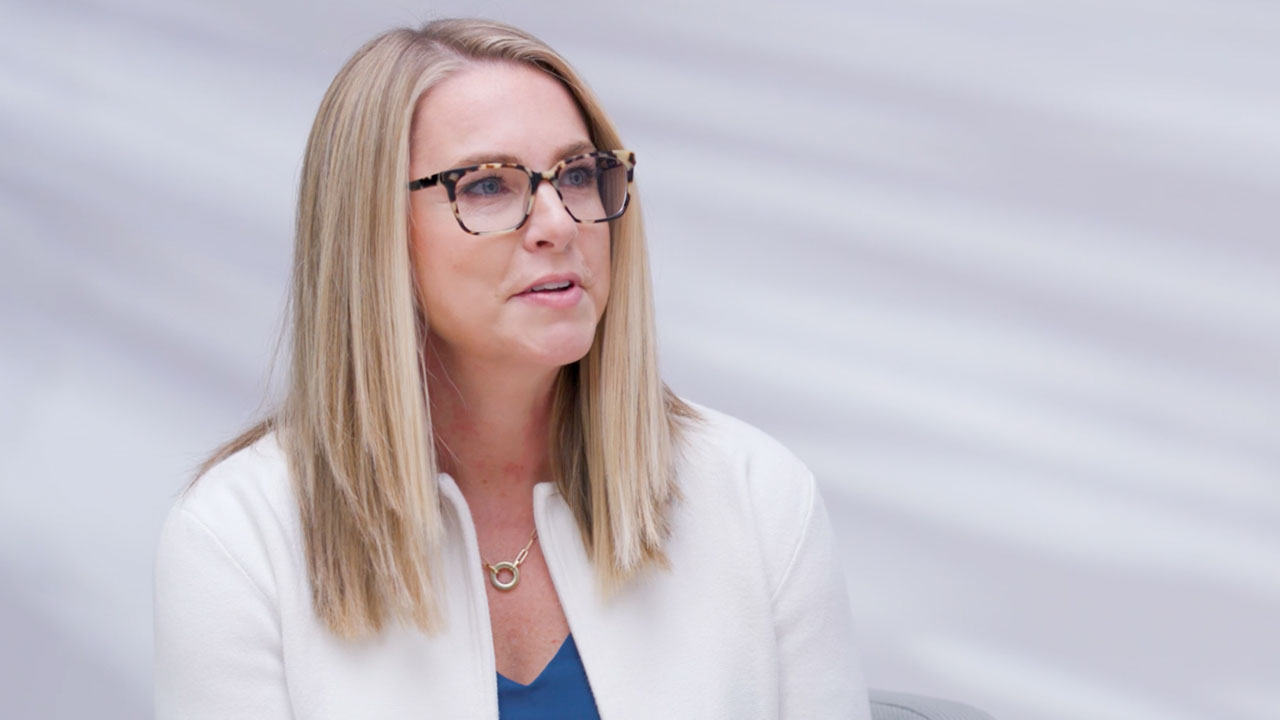Resumen de los principios
For most of human history, people have been valued or devalued based on their ethnicity, gender, religion, nationality, politics and social or economic status. Judging people on as little as one characteristic has led to unequal rights. When this devolves into viewing a group as less-than-human, it often results in slavery, genocide and other atrocities. Totalitarian regimes, such as the Nazis in Germany and Communists in the Soviet Union, typically began by demonizing and vilifying those who were different or believed to be a threat. Unfortunately, there are still many examples where such people are being fired, silenced, belittled or otherwise attacked and treated as enemies.
Wherever a paradigm of respecting each person as an individual is embraced, there are much greater levels of freedom, peace, civility, trust and human progress. Treating everyone with dignity and respect not only leads to better outcomes, it is the right thing to do. It is disrespectful to believe you can know everything about a person and to judge an individual — positively or negatively — based on group identity or other characteristics. It is natural and appropriate for people to be proud of their heritage and other personal attributes, but there is no excuse for an “I’m better than you” attitude.
We naturally want to associate with people who are like us in some way; however, we all need to make a deliberate effort to build relationships with people outside our normal circles or comfort zones. This expands our knowledge and perspective, enriches our experience and enhances our ability to learn and contribute.
People are more likely to share their opinions and ideas and engage in effective challenge when a culture of respect and trust is promoted. We leverage the power of diversity by seeking and embracing different perspectives, experiences, aptitudes, knowledge and skills to innovate and capture opportunities. With more than 100,000 employees and a presence in dozens of countries around the world, we rely on diversity – and respect for differences – to better understand and relate to customers and all other constituencies.
Respect is more than treating others kindly. It includes being honest. We must be truthful and sincere, especially when dealing with challenging situations or having difficult conversations. We show respect by believing others can handle the truth and providing feedback that will help them deal with reality and improve. Avoiding or sugarcoating a tough message is a disservice to the person and the company. It lacks integrity and usually leads to a bad outcome.
All of us – especially supervisors – have the responsibility to create an inclusive environment where everyone can maximize their contributions and realize their potential. This requires recognizing each person as a unique collection of aptitudes, skills, interests and characteristics. When done well, this stimulates teamwork and the division of labor by comparative advantage, maximizing our long-term success.
Entiéndelo mejor
Ejemplos
Nuestro Valor del Respeto guía todo, desde las interacciones interpersonales hasta la forma en que se asigna el trabajo. He aquí algunos ejemplos que ilustran la diferencia que puede hacer el respeto.
- Trabajar con otros
- Reaccionar a un error
- Proporcionar comentarios
- Incluyendo otros
Pruébalo
El poder de estos principios ocurre a través de la aplicación. No hay sustituto para aprender a medida que aplicas.
Busque la opinión de sus supervisores y otras personas sobre cómo su comportamiento es coherente con Nuestro Valor de Respeto. ¿Qué puedes hacer para mejorar?
Piensa en alguien con quien te resulte difícil o incómodo interactuar. ¿Qué puedes hacer para entender mejor lo que es importante para esta persona y/o cómo esta persona ve las cosas?
¿Cuándo has recibido comentarios que fueron difíciles de escuchar pero que finalmente te ayudaron? ¿Qué lo hizo útil?
Piensa en un momento en el que alguien hizo un esfuerzo adicional para asegurarse de que te trataran con respeto. ¿Cómo marcaron la diferencia sus esfuerzos para ti? ¿A los demás?
¿Qué puede hacer usted o su equipo para crear un entorno inclusivo que abarque diferentes perspectivas, experiencias, aptitudes, conocimientos y habilidades?
¿Por qué se incluye la "honestidad" en Nuestro Valor de Respeto?

